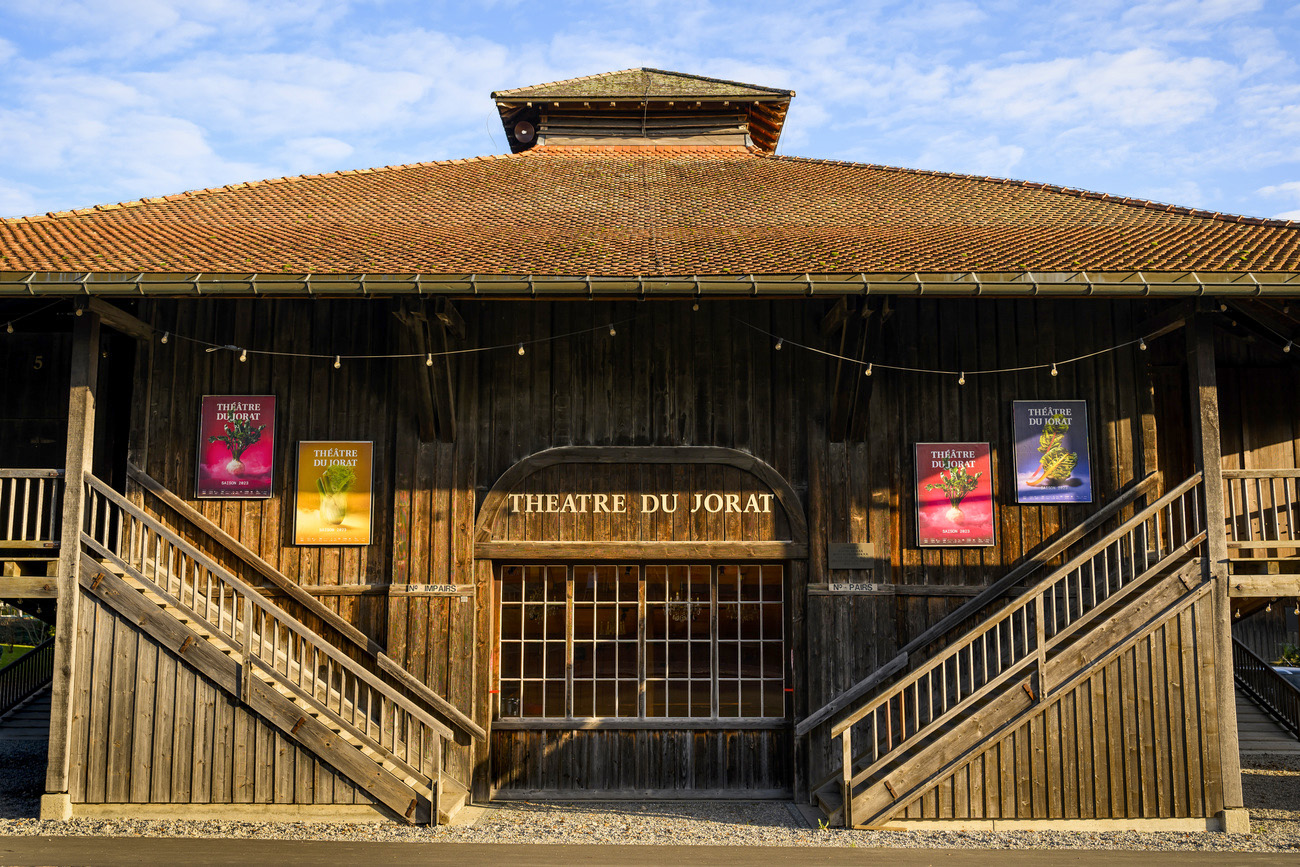
Gypsies take Swiss to task over integration

Switzerland's relationship with its gypsy communities is back in the spotlight, after a group representing travellers lodged an appeal with the Federal Court against canton Vaud, accusing it of discrimination.
The move by the Swiss Sinti and Jenisch Action association is a sign of growing discontent among gypsies, who say they are not accepted by either the authorities or the Swiss people.
The legal action is in response to an emergency order by the Vaud cantonal authorities last month in which they created three new temporary campgrounds for travellers, in addition to two permanent sites, keeping gypsies away from unauthorised sites.
“We acted to prevent the damage and tension that we had witnessed in recent years as a result of this illicit parking in places where the landowner has not given his permission,” the cantonal security and environment minister, Jean-Claude Mermoud, told swissinfo.
In their appeal, gypsy leaders describe the move as “an example of the discriminatory and unconstitutional policies used against Swiss travellers”. They say the move is an attempt to deprive them of their traditional way of life.
“We’re afraid they will use these official sites as a way of preventing us from travelling elsewhere,” says May Bittel, a 50-year-old pastor, who is the figurehead of the Swiss gypsy community in French-speaking Switzerland.
Bittel’s lawyers say they want the court to rule that the creation of these camp grounds in no way infringes what they consider to be Swiss travellers’ constitutional right to travel and stop wherever they like.
Mermoud said he regretted the fact that Bittel had lodged the complaint and denied that his order had been discriminatory: “We have demonstrated our will to find a solution to this problem by looking for new camp grounds,” he said.
He denied that he planned to prevent travellers from entering the canton if the official sites were fully occupied, but stressed that other cantons would have to share the burden: “This problem is not unique to canton Vaud. There has to be a shared response.”
Bittel agrees that there is a national problem, and says the federal authorities have not done enough to resolve it. He accuses them of failing to implement international conventions on the protection of minorities and their way of life. By leaving decisions to cantons and communes, he says, they are shirking their international responsibilities.
Switzerland has a patchy record when it comes to the treatment of gypsies. The country has been criticised for turning back gypsy refugees during the Second World War, and between the 1950s and 1970s, the Swiss authorities took at least 600 gypsy children away from their parents as part of a settlement policy.
“They may not be kidnapping our children any more, but anti-nomadism is still behind official policies,” Bittel says, pointing to Vaud’s ruling as an example.
Bittel believes one of the fundamental problems in relations between Switzerland and its traveller minority is the failure of the authorities to make a distinction between gypsies with Swiss nationality and those that come to Switzerland from abroad for a few weeks every summer. It is a small minority of these foreign travellers who give gypsies a bad name, he says.
“We’ve had enough of being lumped together and the whole race being implicated in the actions of a few individuals,” Bittel told swissinfo.
Travellers’ groups say the attitude of local residents often leaves Switzerland’s 35,000 gypsies – of whom only some 5,000 are semi-nomadic – feeling like second-class citizens.
Bittel believes if the federal authorities took the lead in raising awareness about this minority, ordinary people might be more trusting and more accepting. “There’s a lack of dialogue. There’s still a huge amount of work left to do.”
The lodging of the appeal came a day after the federal parliament agreed to extend funding for the Foundation for Assuring the Future of Swiss Travellers, a body within the federal Interior Ministry which helps to improve the lives of the travelling community, including trying to persuade communes to give them parking sites.
It is often a thankless task, with only a handful of towns and villages throughout Switzerland prepared to welcome travellers.
“What’s the point of 10 communes playing the game, if 3,000 others adopt discriminatory measures against us?” Bittel asks.
by Roy Probert

In compliance with the JTI standards
More: SWI swissinfo.ch certified by the Journalism Trust Initiative





































You can find an overview of ongoing debates with our journalists here . Please join us!
If you want to start a conversation about a topic raised in this article or want to report factual errors, email us at english@swissinfo.ch.